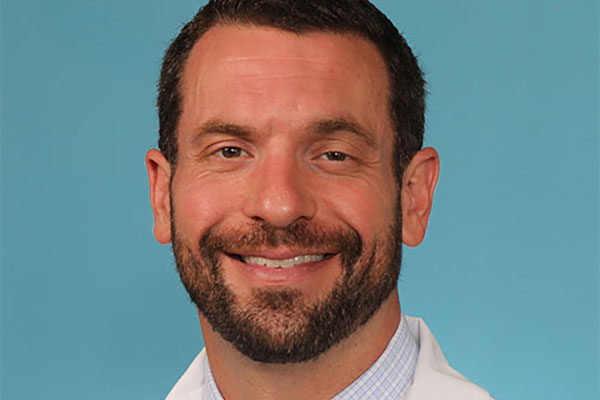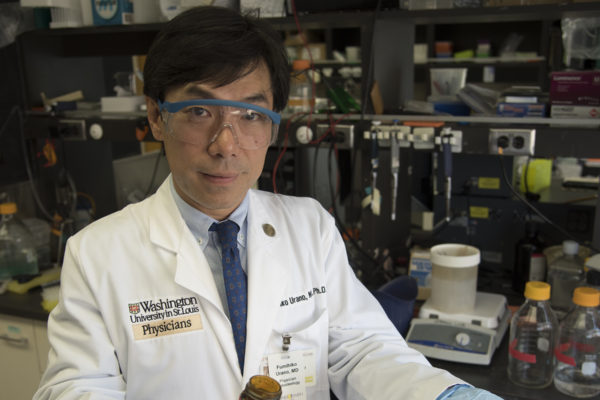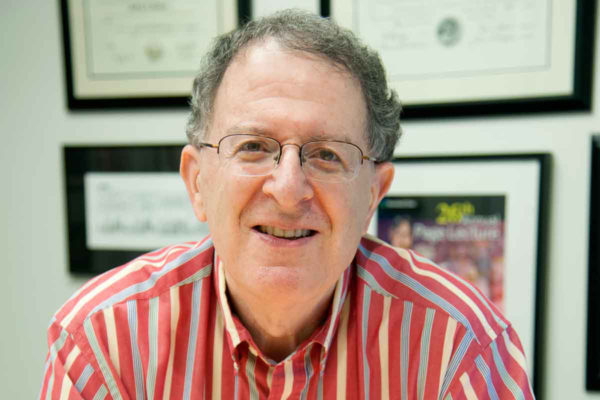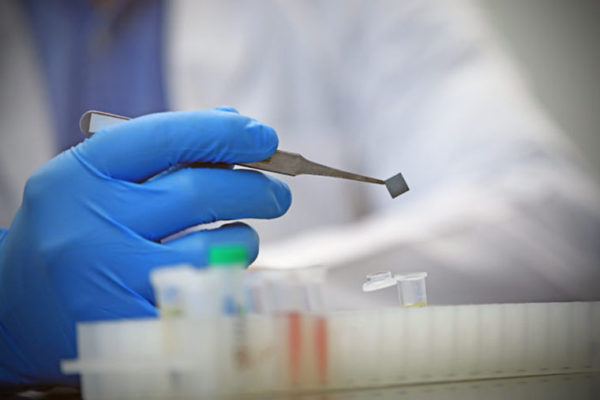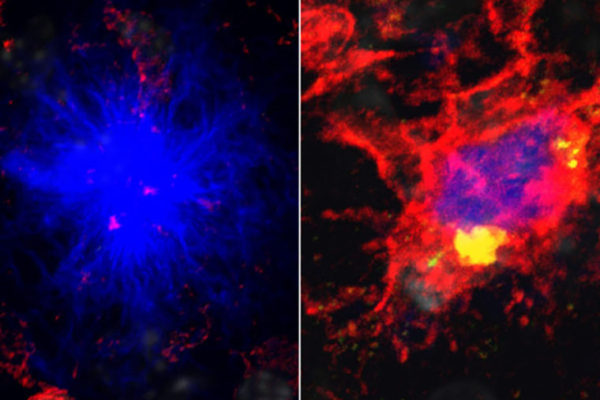English named 2017 Wylie Scholar
Sean J. English, MD, an assistant professor of surgery at Washington University School of Medicine in St. Louis, has been named the 2017 Wylie Scholar by Vascular Cures, a nonprofit organization that works to advance research in vascular disease.
PTSD expert David J. Morris to speak at Washington University
Washington University in St. Louis will host a series of programs in early October featuring David J. Morris, a leading authority on post-traumatic stress disorder (PTSD). Morris will be joined by other local experts to examine the devastating effects of PTSD on society, as well as to discuss current therapies.
$46 million NIH grant to nurture translational research
The School of Medicine has received a $46 million grant from the National Institutes of Health (NIH) to support research aimed at translating scientific and clinical discoveries into new diagnostics and therapeutics, and to more rapidly apply research findings to improve health.
Setting records in innovation, entrepreneurship
During the past fiscal year, the Washington University in St. Louis Office of Technology Management reported a number of record figures as a result of the innovative technologies developed by university faculty.
Gordon receives Jacobæus Prize
Jeffrey I. Gordon, MD, the Dr. Robert J. Glaser Distinguished University Professor at Washington University School of Medicine in St. Louis, has received the 2017 Jacobæus Prize from the Novo Nordisk Foundation for his role as the founding father of gut microbiome research.
Klingensmith named chair of American Board of Surgery
Mary Klingensmith, MD, the Mary Culver Distinguished Professor and vice chair for education in the Department of Surgery at Washington University School of Medicine in St. Louis, has been named chair of the Board of Directors of the American Board of Surgery.
Hershey named chief of Neuroimaging Laboratory
Tamara Hershey, professor of radiology and of psychiatry, has been named chief of the Neuroimaging Laboratory (NIL) at Mallinckrodt Institute of Radiology at Washington University School of Medicine in St. Louis.
Test uses nanotechnology to quickly diagnose Zika virus
Washington University in St. Louis researchers have developed a test that quickly detects the presence of Zika virus in blood.
Alzheimer’s risk linked to energy shortage in brain’s immune cells
A new study from the School of Medicineshows that mutations in the gene TREM2 cause an energy shortage in the brain’s immune cells, leading to their failure to protect neurons from damaging clumps of protein.
Drug trial shows promise for deadly neurological disorder
Results of a small clinical trial show promise for treating a rare neurodegenerative condition that typically kills those afflicted before they reach age 20. The disease, called Niemann-Pick type C (NPC), causes cholesterol to build up in neurons, leading to a gradual loss of brain function.
View More Stories
